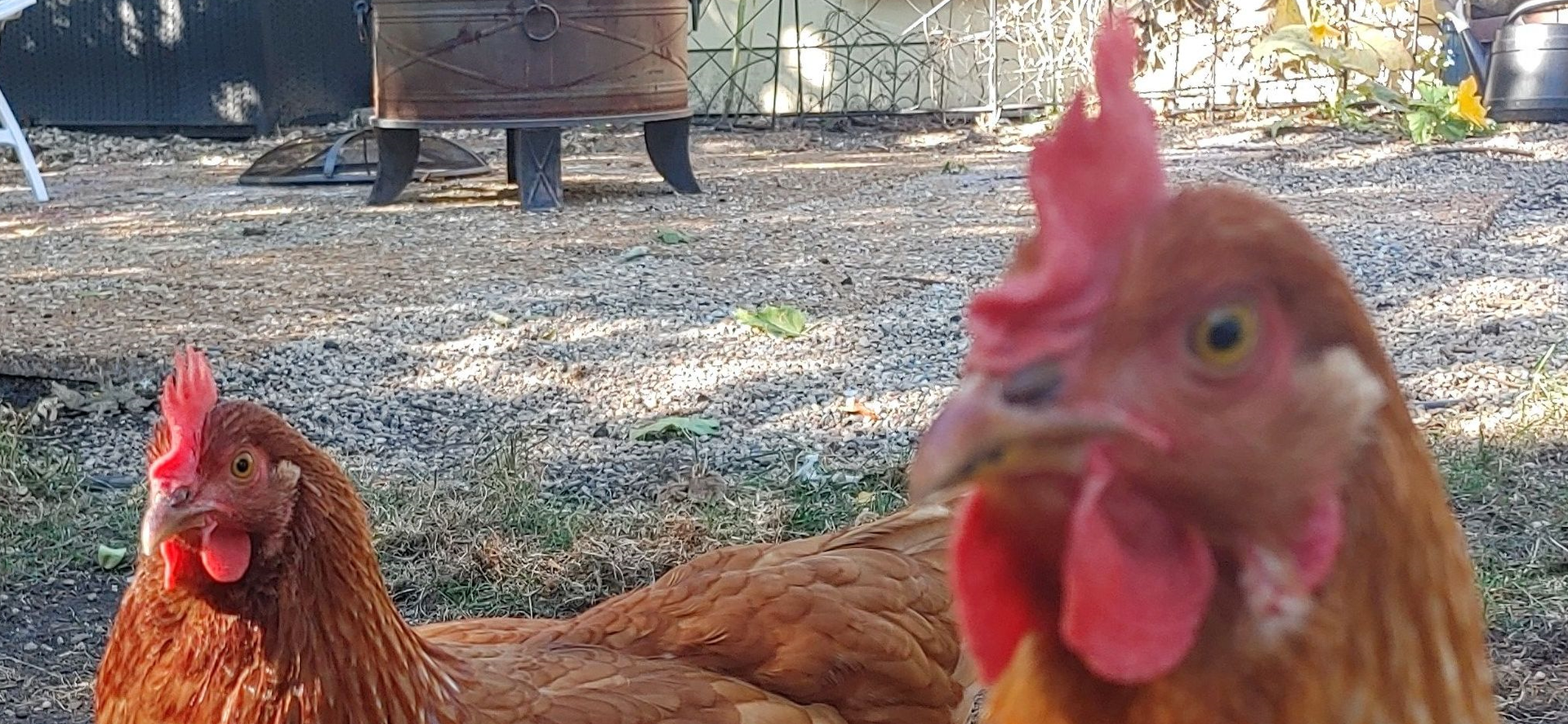Wolfgang Amadeus Mozart had a secret. Not the kind of secret whispered in candlelit corridors or scribbled in the margins of love letters—but a secret so peculiar, so absurd, that he dared not share it with anyone.
He was in love with chickens.
Not in the ordinary way that farmers admired their plump hens or chefs praised the perfect roast. No, Mozart found them fascinating, delightful, and—dare he say—muse-like.
It all began one evening in Vienna when Mozart, seeking inspiration for his latest opera, wandered into the courtyard of an old inn. There, under the soft glow of the moon, a small flock of chickens clucked and strutted in perfect rhythm. He froze, listening. Their coos, their pecks against the cobblestone, the flutter of wings—it was music!
From that night on, he would sneak away from his usual haunts, leaving behind the gossiping elite and stern-faced patrons, to visit a small farm outside the city. The farmer, a kind but bewildered man, had no idea why a genius like Mozart insisted on spending hours among the hens.
“Ah, Herr Mozart, back again?” the farmer would say, shaking his head.
“Indeed! I find your poultry most… inspiring.”
And so, he composed in secret—an entire sonata inspired by their movements, their calls, their joyful chaos. He named it The Gallina Concerto, a brilliant piece that captured the soul of the feathered creatures he adored.
One day, in a fit of excitement, he decided to perform it for a small audience at a private gathering. As the harpsichord trilled and the violins soared, he incorporated a peculiar clucking rhythm into the melody. A few noble guests exchanged puzzled glances. Some whispered. One particularly prim woman dropped her wine glass.
But the piece was a masterpiece—playful, lively, unmistakably Mozart.
The next morning, however, a letter arrived. His patron was not amused. “Herr Mozart,” it read, “Vienna is a city of high culture, not barnyard antics. We request you refrain from such… fowl inspirations in the future.”
Mozart sighed but smiled. He knew the world wasn’t ready.
And so, he continued his secret love affair with chickens, composing melodies only they would ever truly appreciate.
To this day, some say if you listen closely to his music, hidden beneath the grand symphonies and operas, you might just hear it—the faint echo of a cluck, a flutter, a secret sonata to his dearest feathered friends.
